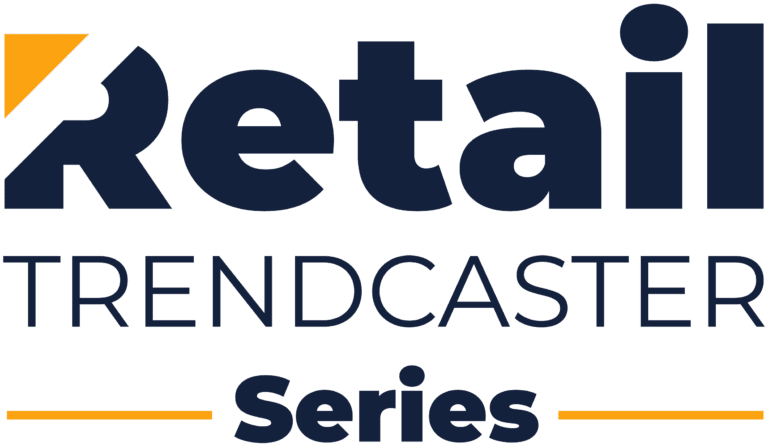By Oliver Guy, Software AG

For me, retail is the greatest industry on the planet. Why? Because it is changing faster than any other industry. Years and years of very little change have all been replaced by a new world order of change.
My view is that things started to change about 10 years ago, as traditional retail became multi-channel before morphing into omnichannel. Eventually, the term “omnichannel” will disappear — it will simply revert to “retail” because that will be the norm.
One thing that the decade-long upheaval has revealed is that retailers can no longer compete on price and price alone. Customer centricity is the order of the day. And if we think about it, omnichannel is just that — being customer centric in terms of allowing the customer to select, transact and acquire via any channel at any time.
Technology is a key enabler in terms of driving customer centricity and the current buzzword we see in all industry headlines is “IoT” or the “internet of things”. The International Telecommunication Union defines IoT as being an infrastructure that enables services by interconnecting physical and virtual things. A less formal version could well be “connecting lots of gadgets together to do cool things.”
In retail, IoT offers massive potential. McKinsey believes that by 2025 it could have an annual impact of between $400 million and $1.2 trillion. In the short term, however, most of the retailers I meet are merely experimenting with it.
Deployments Remain Limited
I see some very interesting projects, for example electronic shelf edge labels, location analytics, in-store beacons, RFID based initiatives; the list goes on. However, while some have established trials in one or two stores, that is where they stop. For now.
When I ask why, I am told it boils down to the business case and ROI not being sufficiently large. To be fair, anything around customer centricity can be difficult to determine a business case for — simply because it touches so many areas and is less tangible than something that, for example, reduces inventory. As one retailer put it to me, “It is the multipliers in retail that make these things tough — the number of stores, the number of products.”
These anecdotal explanations are backed by work carried out last year by Retail Systems Research that was sponsored by Software AG. The research showed that almost 50% of respondents identified capital requirements, ROI and determining the business case as the top organizational inhibitors for progress with Internet of Things initiatives.
I feel that retailers do need to focus on IoT, but they can also be thinking much bigger. Retailers can think beyond a specific IoT project and how synergy for their business comes in. Consider combinations of IoT initiatives and existing capabilities, look at the whole picture and build something that is truly greater than the sum of its parts.
The application of IoT in retail will come of age in time. I imagine that 15 years ago, most retailers would have had a tough time building a business case for a transactional website. Now, however, it is essential, and IoT initiatives will soon become the same.
Oliver Guy is Global Retail Industry Director at Software AG. He works with Software AG’s customer facing teams across the world in order to help their retail clients understand how Software AG’s solutions can manage risk, grow sales and drive efficiency as the industry transforms. With over 12 years focused on Retail, Guy has worked with major global retailers such as Edcon, John Lewis, Ahold, Dixons Carphone, Metro, Best Buy, Morrisons, ICA, Panda, Vodafone, O2 and Boots improve their business through the use of innovative technology solutions. Prior to joining Software AG, he was part of the European Management team at Oracle Retail — his team being responsible for Retail focused Solution Consulting across Europe.





